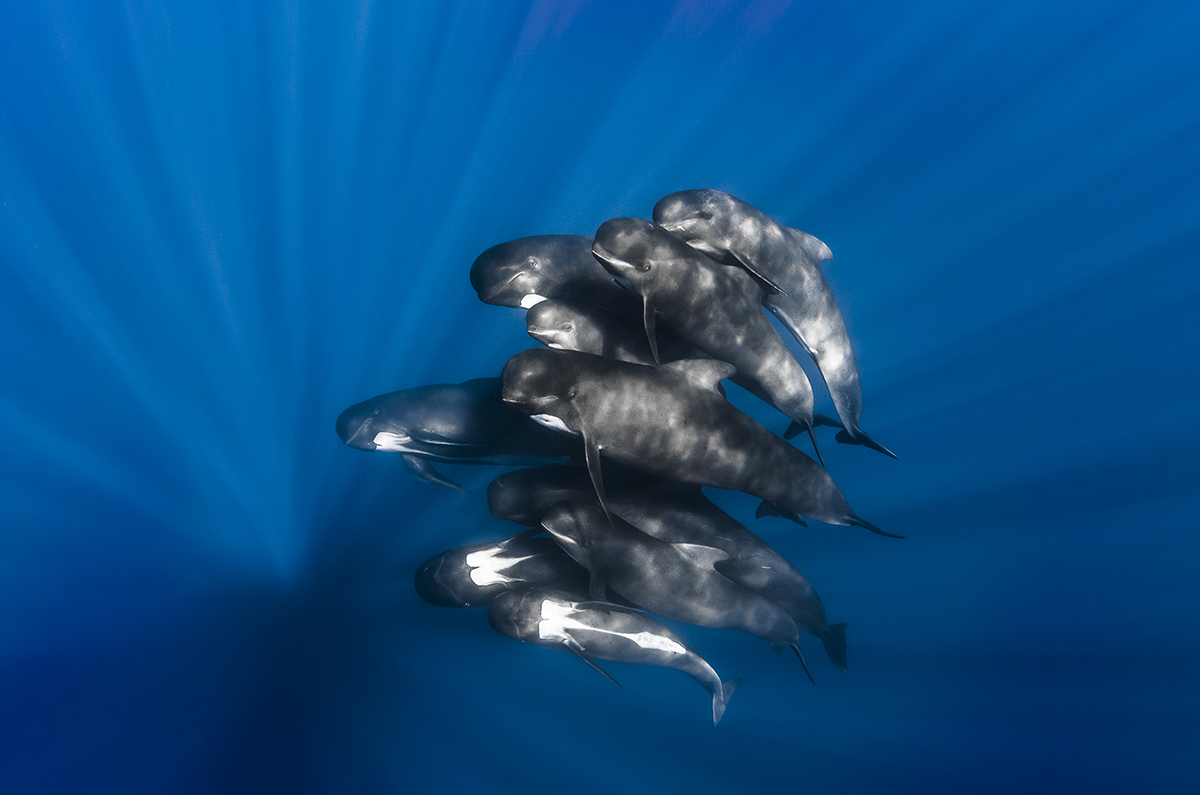
Pilot whales in the Pelagos Sanctuary, which was co-created by the Prince Albert II of Monaco Foundation
As awareness grows of the need for a sustainable blue economy and for ocean restoration around the world, LUX invites thought leaders and experts to nominate their choice of individuals, non-profits and financial and investment wizards, whose efforts are helping save the planet’s troubled waters

Nathalie Hilmi
Dr Nathalie Hilmi, Senior Researcher at the Scientific Centre of Monaco, nominates:
Prince Albert II of Monaco Foundation
This international non-profit organisation is the only foundation in the world headed by a serving head of state. It was founded by His Serene Highness Prince Albert II in 2006 with the mission of protecting and advancing the health of our planet for future generations, with a focus on biodiversity, climate, renewable energy, oceans and water resources. In addition to funding hundreds of projects, the foundation has set up initiatives to be a driving force in these fields, operating in the Mediterranean Basin, the Polar regions and the least developed countries. It works with scientists, other NGOs and world leaders, and has branches in 11 countries.
Meri Foundation
I like the work this non-profit foundation is doing for the planet and our environment, promoting scientific research and environmental education on ecosystems in Chile and around the word. It has a vision of inspiring communities to consider a sense of belonging in their ecosystem environment, promoting a society in harmony with the planet. Its philanthropic engagements are stunning.

Marküs Muller
Markus Müller , Environmental, Social and Governance (ESG) Chief Investment Officer at Deutsche Bank’s Private Bank, nominates:
Anna Katharina Meyer
Anna Katharina identifies global challenges and launches tangible initiatives, with a focus on sustainable finance and accounting, renewable energies and entrepreneurship. Describing herself as a founder, activist and scientist with heart and soul, she combines professional competences with scientific ones and is shaping discourse on a sustainable and inclusive future with expertise.
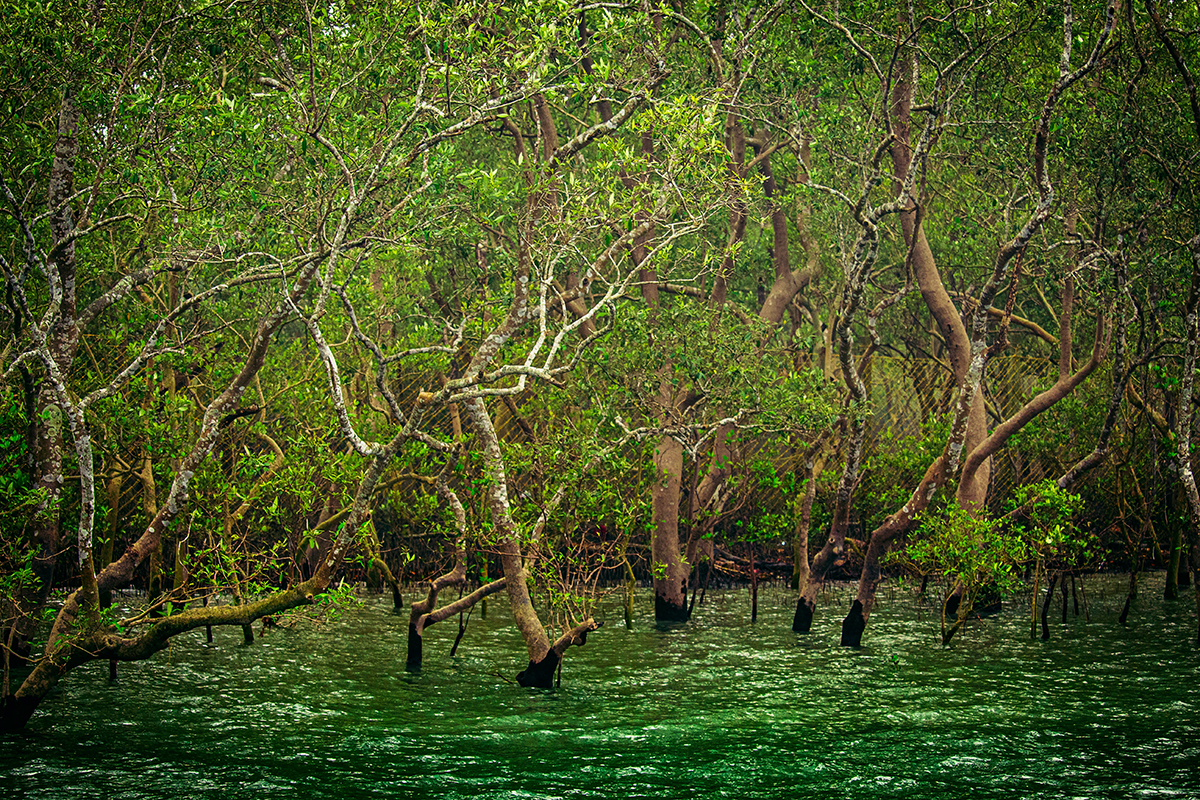
Heritiera fomes mangroves in Sundarbans, West Bengal, India. Sundarbans is a national park and biosphere reserve; carbon-storing, coast-protecting mangroves are an essential component of nature-based solutions
Rayne Sullivan
Co-Chair of the Youth Advisory Council at Sustainable Ocean Alliance, Rayne represented the US at the inaugural UN Youth4Climate summit in Milan in 2021, advocating for Hawai’i and Oceans. Rayne is also pursuing a JD programme at Stanford, with a focus on the nexus between climate science, responsible AI and traditional knowledge systems, to empower frontline island communities in developing nature-based climate solutions.
Follow LUX on Instagram: luxthemagazine
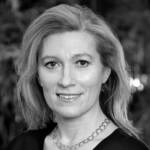
Marie Claire Daveu
Marie-Claire Daveu, Chief Sustainability Officer and Head of International Institutional Affairs at Kering, nominates:
Conservation International
This NGO is a leader not only in its science-led work around the world, working on the ground to protect and restore nature, but also for its influence on global policies and within the business community. Its expertise when we set up the Regenerative Fund for Nature together was indispensable and its dedication to achieving a wide-scale impact on nature is to be applauded.
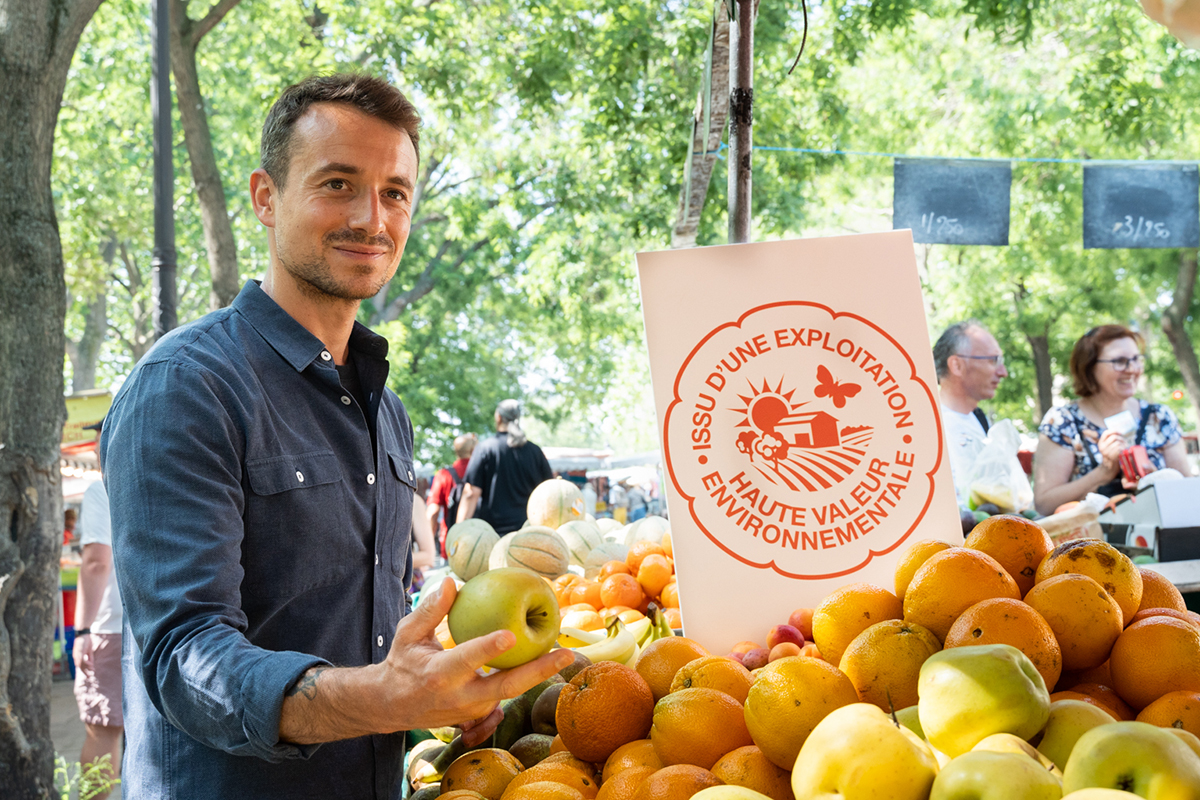
Hugo Clément, from his docu-series, On the Front
Hugo Clément
The media has a significant role to rally awareness and support for the climate and biodiversity crises. French journalist Hugo Clément has brought these crises to the public through documentaries and investigative journalism, where his pursuit of the truth has uncovered corporate greenwashing. His long-time activism around animal rights has also brought this often overlooked topic into the spotlight. His dedication is far-reaching and he stands by his principles, which we need in our society today.
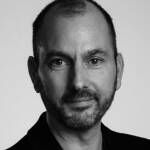
Chris Gorrell Barnes
Chris Gorrell Barnes, founding Partner of Ocean 14 capital and co-founder of Blue Marine Foundation, nominates:
Por el Mar
Martina Sasso, founder of this dynamic new Argentinian NGO, has used creativity and communications to advance a ban on open-net salmon farming in Argentina and delivered extraordinary wins by creating pivotal marine-protected areas in the region. I can see that Por el Mar will deliver outstanding conservation gains for the ocean in the next few years.
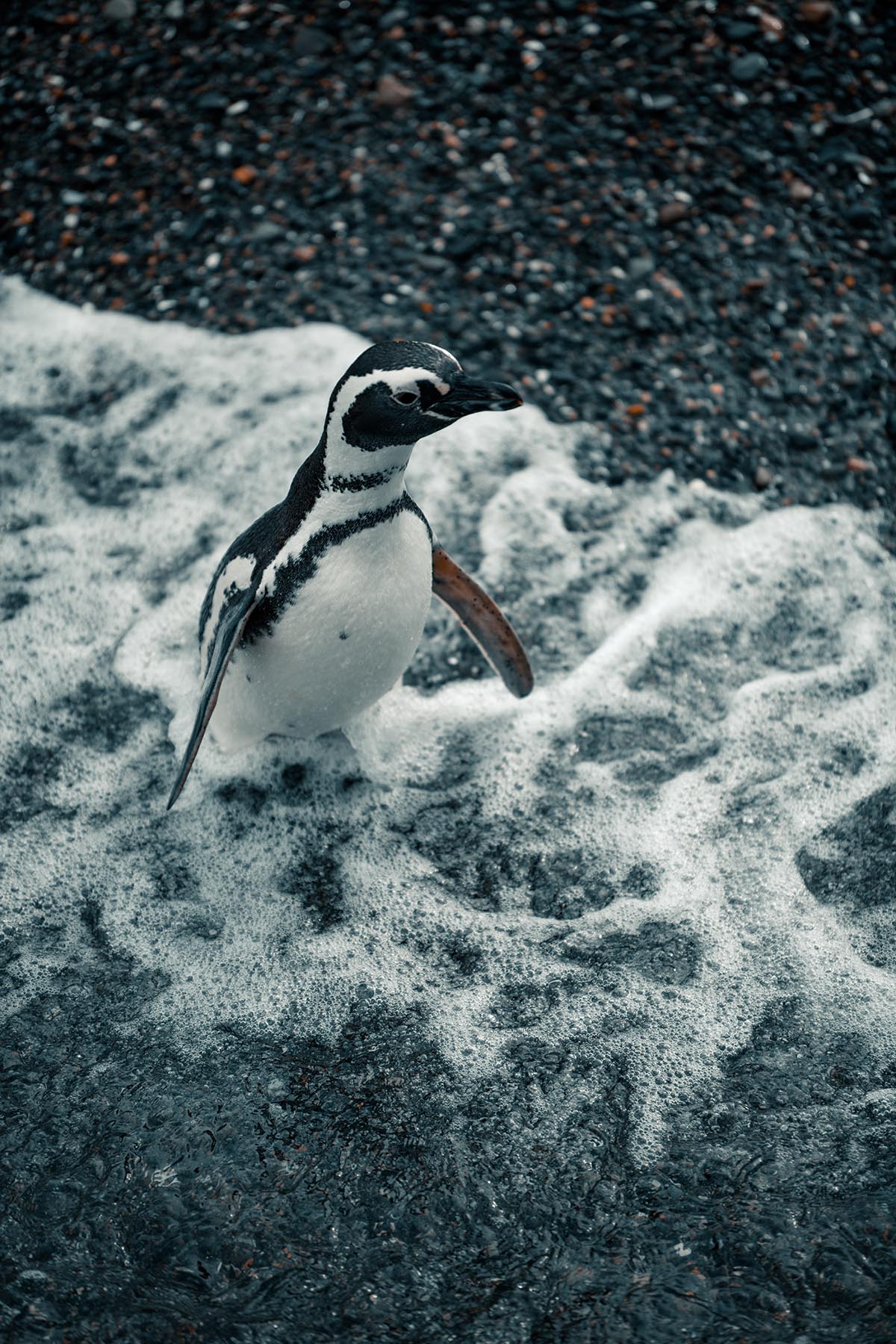
Megallanic penguin at the Monte León National Park in Santa Cruz, part of a project supported by Por el Mar
SyAqua
This, our first investment at Ocean 14, is a platform for our mission to transform shrimp farming. US and Asia-based SyAqua is a leading provider of genetics and tech in shrimp breeding. It provides farmers with virus-resilient broodstock, so reducing environmental externalities and make shrimp farming more sustainable.

Christian Lim
Christian Lim, Managing Director of Blue Ocean, SWEN Capital Partners and Co-Chair of 1000 Ocean Startups, nominates:
Anne-Sophie Roux
Roux is a young but powerful voice in the global movement against reckless deep-sea mining. She and the Sustainable Ocean Alliance have been instrumental in changing the position of several governments, including in France and Switzerland. As founder and CEO of Paris-based Tenaka, she and her team have worked with partners to develop corporate responsibility programmes and nature-based solutions for ocean conservation.
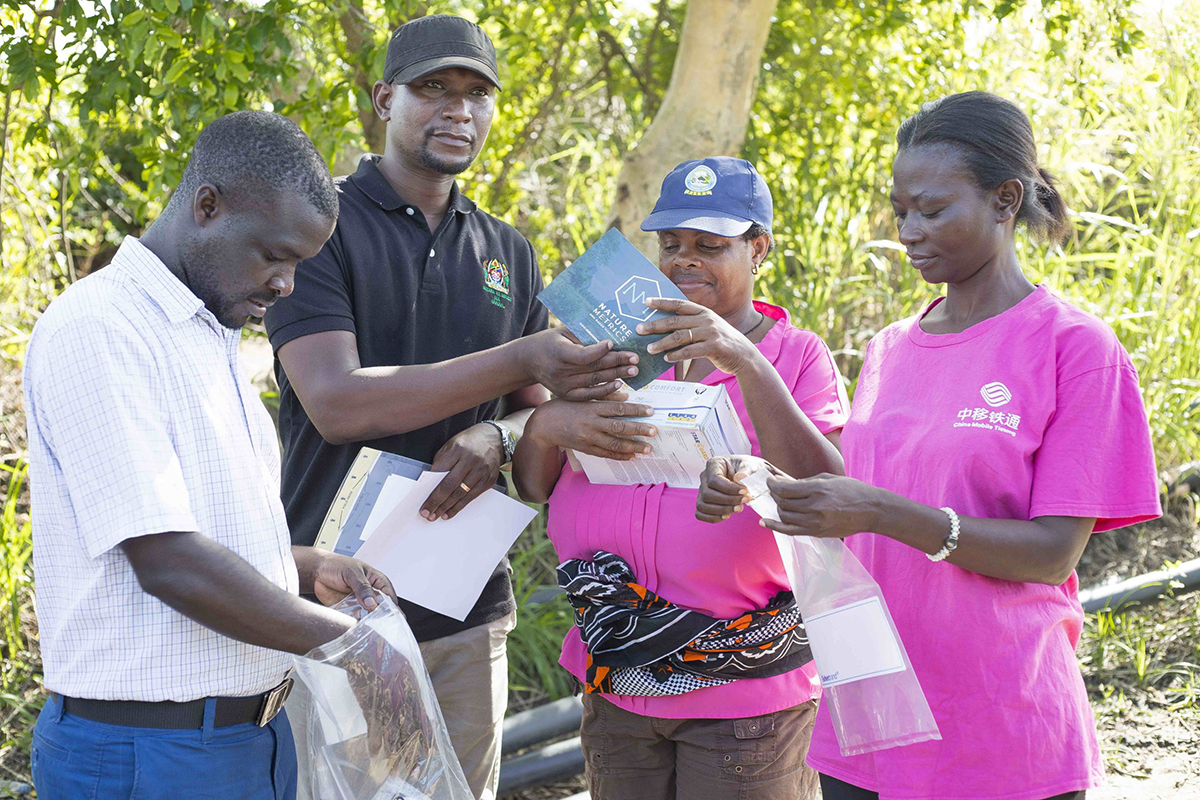
Members of the Tanzanian Fisheries Research Institute being trained in environmental DNA collection for eBioAtlas, as devised by NatureMetrics
Kat Bruce
In 2014, scientist Kat Bruce co-founded NatureMetrics, the world’s leading eDNA company. Its mission is to democratise measurement of biodiversity for different species through technology, to better align nature and markets. Disclosure: we have invested in NatureMetrics.

Karen Sack
Karen Sack, Executive Director of Ocean Risk and Resilience Action Alliance, nominates:
Whitney Johnston
As the company’s first Director of Ocean Sustainability, Whitney leads Salesforce’s work on sourcing high quality blue-carbon offsets. Based in New Mexico and a climate scientist and oceanographer by training, she is a leader in developing high-quality blue-carbon principles and a key shaper of the Blue Carbon Buyers Alliance, companies committed to purchasing high-quality blue-carbon credits.

Traditional line-fishing boats from the southernmost tip of Africa. The non-profit Abalobi supports small-scale sustainable fishing
Serge Raemaekers
Serge is co-founder of Abalobi, a South African non-profit aiming to elevate small-scale fisheries through technology, and empower them for social, economic and ecological sustainability. The name Abalobi means “fisher” in the isiXhosa language, reflecting its fisher-led nature. Abalobi has developed a digital platform connecting fishers directly with consumers, creating a more transparent and equitable value chain. Serge’s vision is to create thriving small-scale fisheries worldwide to feed the world sustainably, provide meaningful livelihoods and contribute to healthy ecosystems.
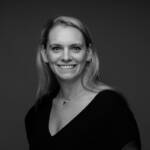
Jessica Hodges
Jessica Hodges, Lead in Investment Management and Wealth ESG at Deloitte UK, nominates:
Net Purpose
Samantha Duncan’s London-based organisation is brilliant and was highly commended in the Finance for the Future Awards in 2021. It is a platform to facilitate impact measurement for investors and make it easy for people looking to invest, by collecting, cleaning and structuring data from thousands of global sources. This ensures a more transparent and rigorous approach to assessing the impact of portfolio companies.

LED lighting for a German warehouse, installed by UrbanVolt and financed by the Solas Sustainable Energy Fund
Solas Capital
Zurich-based Solas Capital is a specialist investment advisory firm founded and managed by Sebastian Carneiro and Paul Kearney, both professionals from the energy-efficiency financing sector. The company’s mission is to support the move to a carbon-neutral society through innovative financing. By understanding both the funding needs of energy-efficiency and self-consumption PV infrastructure projects, and the requirements of institutional investors, Solas Capital bridges the gap between investors and projects.

Cathy Li
Cathy Li, UN Youth Advisor, nominates:
Klima Action Malaysia
This climate justice NGO was founded by youth activist friends of mine who work on the linkage between human rights and climate change. It promotes a rights-based approach to a just and equitable world and the climate emergency. KAMY works to empower vulnerable communities, including indigenous groups, women and youth, to participate in climate governance and decision-making.

Jennifer Morris
Jennifer Morris, CEO of The Nature Conservancy, nominates:
Vizzuality
Data is critical, but unless business leaders, policymakers and society understand it, its ability to drive change is limited. With offices in Cambridge, Madrid and Porto, Vizzuality is working on creating data visualisation and mapping tools. We need innovators like Vizzuality to help tackle the dual crises of climate change and biodiversity loss, and we’re excited to see how its work on projects like Trase, which maps global supply chains leading to deforestation, and Marxan, the open-source spatial-planning software, can lead us to a nature-positive, net-zero future.
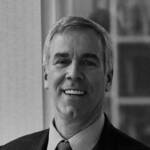
Ted Janulis
Ted Janulis, founder and Principal of Investable Oceans, nominates:
Lea d’Auriol
Lea is founder and Executive Director of London-based Oceanic Global, and she and her team made World Ocean Day a
global phenomenon. Lea has pioneered new programmes and methods of engagement, including Oceanic Global’s Blue Standard, a set of tools to help businesses eliminate plastics. Lea also always reflects light on others to acknowledge their contributions.
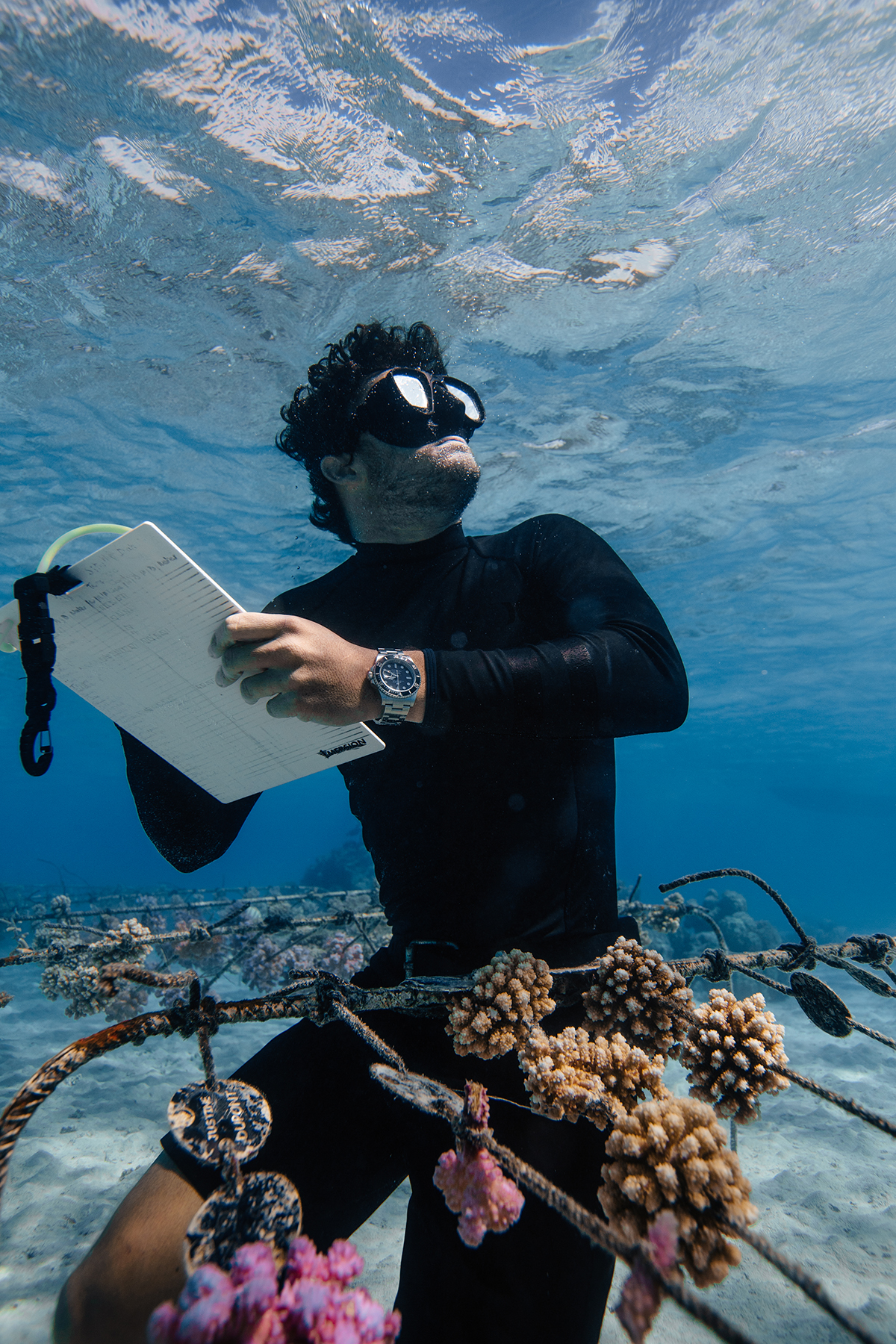
Titouan Bernicot, founder of Coral Gardeners, monitoring the health of corals growing in the nurseries. Once mature, the corals will be planted back onto damaged reef to bring back life and biodiversity
Titouan Bernicot
Titouan, founder and CEO of Coral Gardeners in French Polynesia, was drawn to action by seeing coral bleaching as a teen surfer in Mo’orea. He has built a community-based organisation that has grown and planted over 30,000 corals in French Polynesia. Their new goal: engage the public to help plant a million corals, and develop tech to accelerate coral restoration around the globe.

Professor Connel Fullenkamp
Connel Fullenkamp, Professor of the Practice of Economics at Duke University, and co-founder of Blue Green Future, nominates:
Partanna
Cement production is a major emitter of carbon dioxide. While some firms are working on carbon-neutral cement products, California-based Partanna has developed a carbon-negative cement from brine – a desalination waste product – that captures carbon while it cures. This makes it possible to build homes in the developing world that generate carbon credits for their owners.

Rendering of a prototype home in the Bahamas made with Partanna’s carbon-negative cement
Belinda Bramley
Pivoting to environmental consulting from accounting, Belinda brings business sense and the ability to speak the language of companies and markets to a field that needs it. She can analyse the needs of a project, organise it and build the case for funding it. She currently supports Hinemoana Halo Ocean. I predict she will become the chief architect of many sustainability projects.
conservation.org/aotearoa/ hinemoana-halo
Read more: Rapha CEO Francois Convercey on diversity and sustainability in cycling
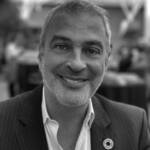
Dimitri Zhengelis
Dimitri Zenghelis, Special Advisor to the Wealth Economy project at the University of Cambridge, nominates:
Kingsmill Bond
I recommend energy strategist Kingsmill Bond for his work on low-carbon transition at the US-based Rocky Mountain Institute. He has always been ahead of the game in predicting the speed with which we will adopt renewables and other clean technologies.
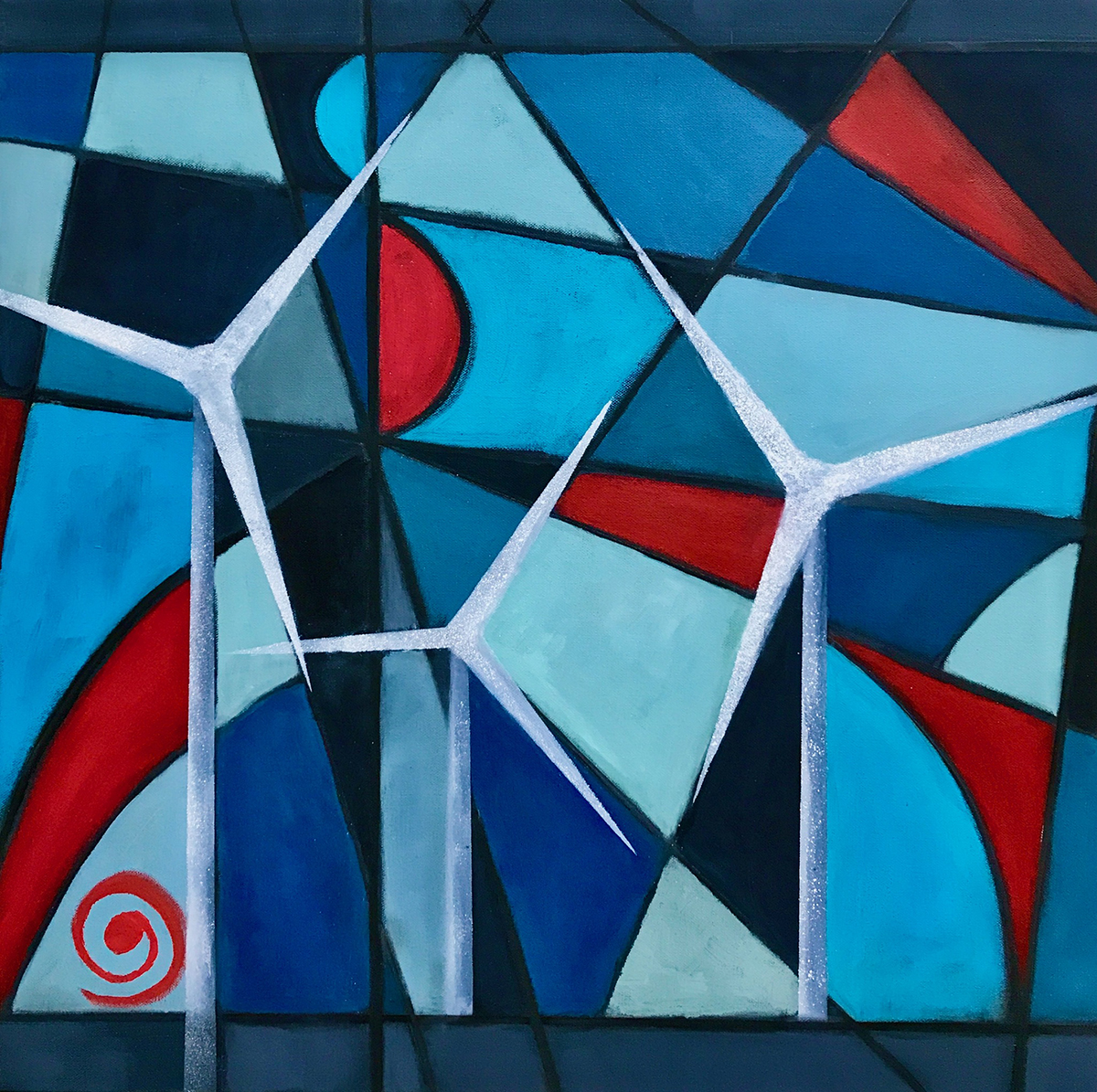
Winds of Change, by Sarah Bond for Rocky Mountain Institute

Rakesh Patel
Rakesh Patel, founder and CEO of Alta Capital, an award-winning sustainable real-estate developer based in Hong Kong, nominates:
Eric Ricaurte
Founder CEO of Greenview, Eric is a pioneer in sustainable hospitality, starting in South America more than 25 years ago and building Greenview into a leading consultancy. Through his leadership, he has engaged some of the largest hotel groups in the world.


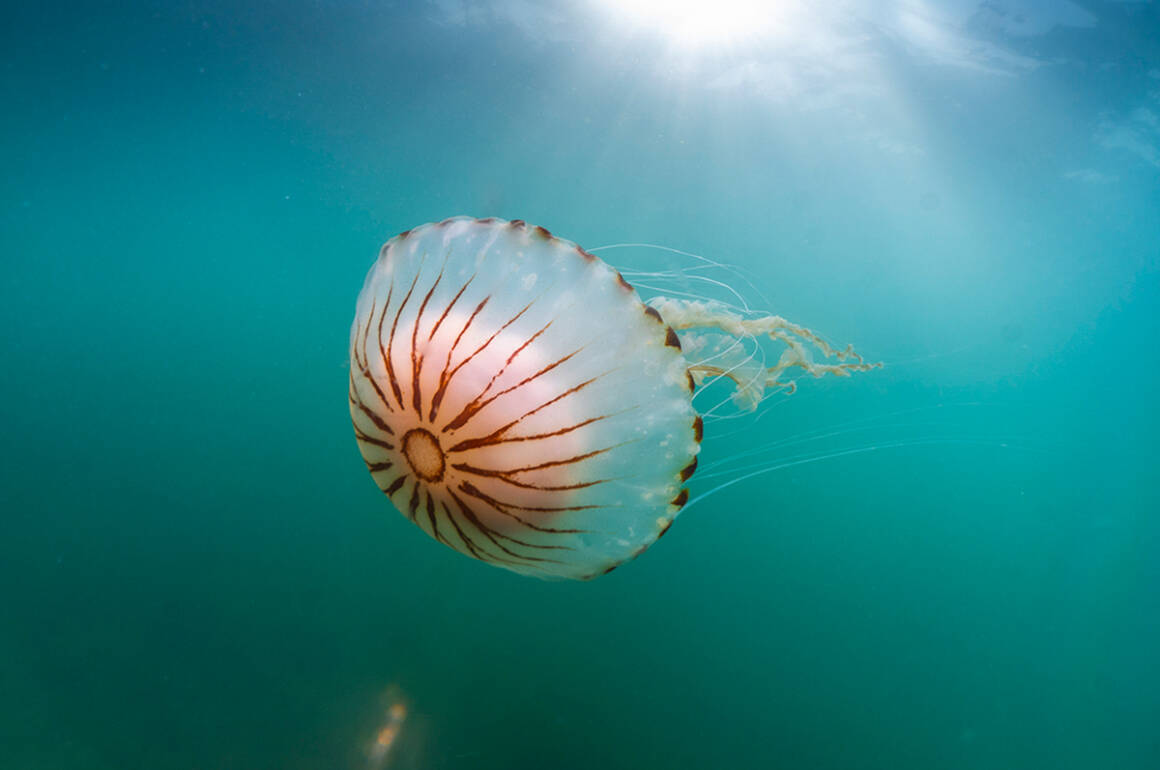







Recent Comments